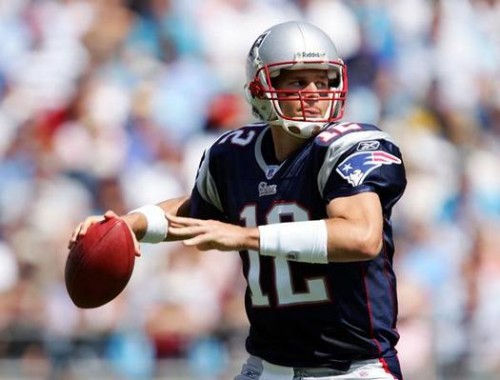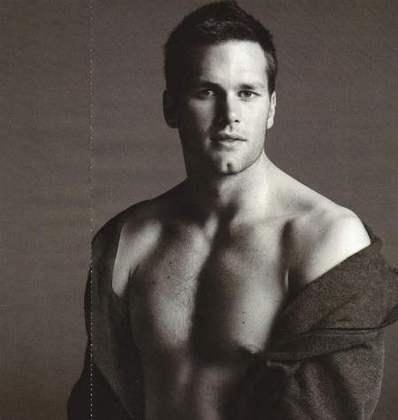“For my thoughts are not your thoughts, neither are your ways my ways,” declares the LORD. “As the heavens are higher than the earth, so are my ways higher than your ways and my thoughts than your thoughts. As the rain and the snow come down from heaven, and do not return to it without watering the earth and making it bud and flourish, so that it yields seed for the sower and bread for the eater, so is my word that goes out from my mouth: It will not return to me empty, but will accomplish what I desire and achieve the purpose for which I sent it (Isaiah 55:8-11).
At our annual meeting on Sunday, I read the above passage. It will be a verse we focus on this year. Being in an institutional church (The Episcopal Church) that is shrinking (the Diocese of Newark, for instance, has shrunk 2% per year for the last decade), I have to hear about church growth all the time. We are constantly told that we are "doing church" in an old model, and that that model is not working anymore. We teach each other about websites, inclusivity, and "radical" welcome. At a recent convention a speaker from an organization called Green Faith suggested that we use our commitment to the reduction of greenhouse gas emissions as an "evangelistic tool." I suppose he meant that people would see how kind we are being to the environment and want to worship with us.
All of these things can work. The problem is that, at the same time, they can all fail. John Wimber, a charismatic pastor in California many years ago, suggested that churches concerned with growth must be like surfers: a surfer can have the right board, outfit, and wax, and can have practiced paddling and "popping up," but the one thing that a surfer can't do is create waves. Having a great website can help people find your church. It may not. Being inclusive and green are good things. They don't, however, seem to be helping churches in the Diocese of Newark grow. We forget, as we ask ourselves all these church growth questions, that we're talking about making waves...as if we can do that! The more we attempt to convince ourselves that we can "make waves," we'll beat our heads against this "church growth" problem, fail time and again, eventually destined to give it all up (if we fail completely) or become intolerably self-righteous (if we hit on something that actually works for a time). Both options are a kind of death.
If the best thing a Christian can do is "let go and let God," isn't that the best thing a church can do, too? What if we actually believed that God's word would not return to him empty? That it would actually accomplish the purpose for which he sent it? That God, being the one who creates waves, doesn't really need us to do his work at all? The only wave-creator I know is the Gospel...the Word of God. We preach Jesus, a Jesus who lived, who died, and who was resurrected for us, to reconcile us to God. This word goes out into the world, producing bread for the eater and seed for the sower. Bread for the eater is a comforting word for a sinner. Seed for the sower is a word of proclamation for the church. The Gospel is preached, waves come, and churches grow.


















